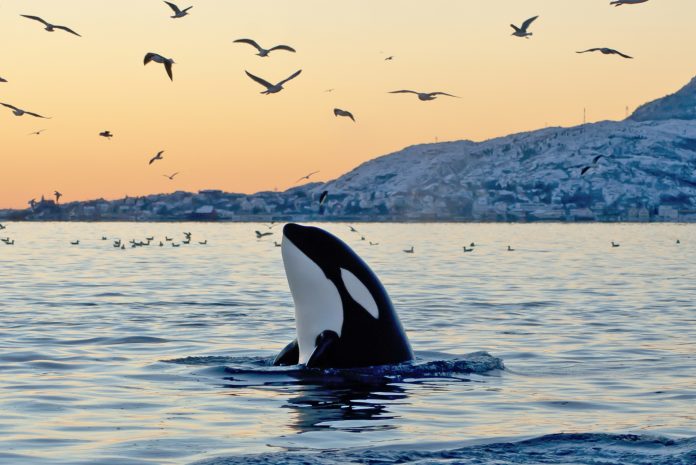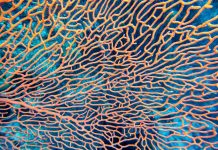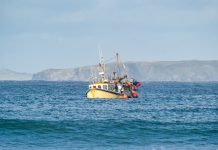The orcas who have sunk seven boats off the coast of Spain and Portugal within four years have captured the public’s attention — but for all the wrong reasons. So why are Orcas sinking boats, and why is changing the narrative important?
Here, Dr Naomi Rose, senior scientist in marine mammal biology at the Animal Welfare Institute, examines the need for changing the narrative around the rise in Orca sinking boats around Spain and Portugal and how wildlife rarely confirms human narratives.
Orcas seeking revenge or simply growing up?
Until recently, the dominant narrative has been that these approximately 15 whales — constituting about 40% of the critically endangered Iberian orca population — have engaged in a coordinated uprising, led by one adult female named White Gladis, seeking revenge for past trauma inflicted by humans and their vessels.
Yet orcas are the ocean’s top predator, competent and coordinated. Of nearly a thousand interactions since spring 2020, during which the whales encircled vessels and sometimes bumped and rammed rudders, the seventh sinking only occurred last month.
If sinking or even damaging boats was the orcas’ ultimate goal, they would have accomplished it far more often than they have.
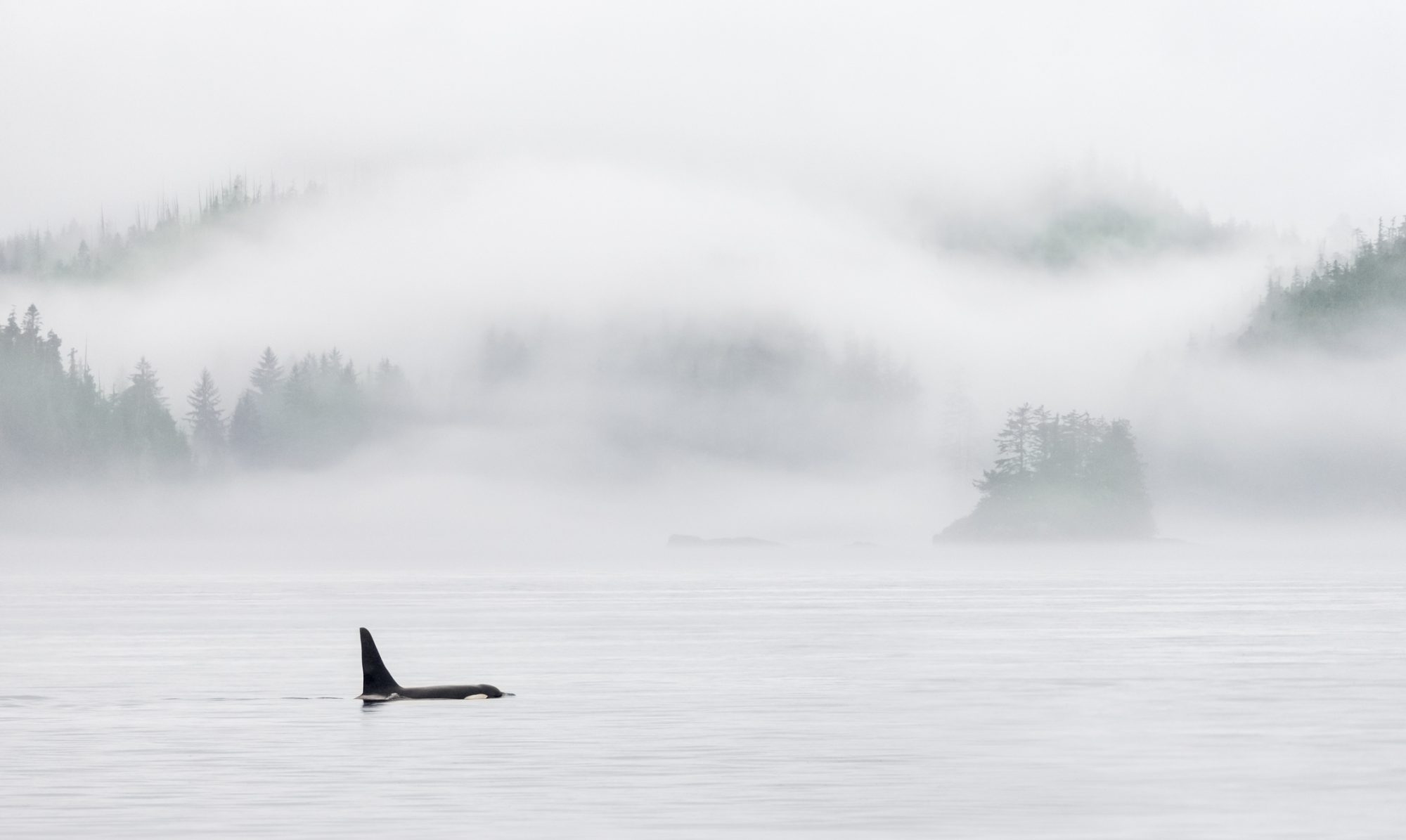
Juveniles and adolescents: Playtime and not aggression
On May 24, the Spanish government released an influential report based on a workshop attended by two dozen scientific, policy, and enforcement experts, including myself. We concluded that this orca behaviour has more in common with play than aggression.
In fact, the rudder-ramming individuals are mostly juveniles and adolescents. Some adult females are involved, but they seem mostly to be supervising their kids. It is telling that no adult males have been involved since this group is the least playful among orcas yet often engages in aggressive encounters with other whales and, occasionally, with vessels.
Other elements of the orcas’ behaviour also support the report’s hypothesis. The whales bump and ram rudders — preferring sailboats less than 40 feet long — sometimes breaking parts off, which they then proceed to push around the surface of the water. They tend to disperse after half an hour or so, often without inflicting any damage at all.
Less than 1% of these interactions have resulted in boats sinking
Less than 1% of these interactions have resulted in boats sinking. While rare, when the orcas break the rudder, it can breach the vessel’s hull. Pushing around the rudder (and the boat) is the game, and, on the relatively few occasions when orcas damage the rudder, they usually swim away soon after.
The headline, “Teenaged Whales at Play”, is a far cry from “Adult Orcas Seek Revenge!” The internet was initially ablaze with erroneous reports that White Gladis — Gladis means “sword” in Latin — started attacking boats due to a recent injury caused by a propeller or vessel strike.
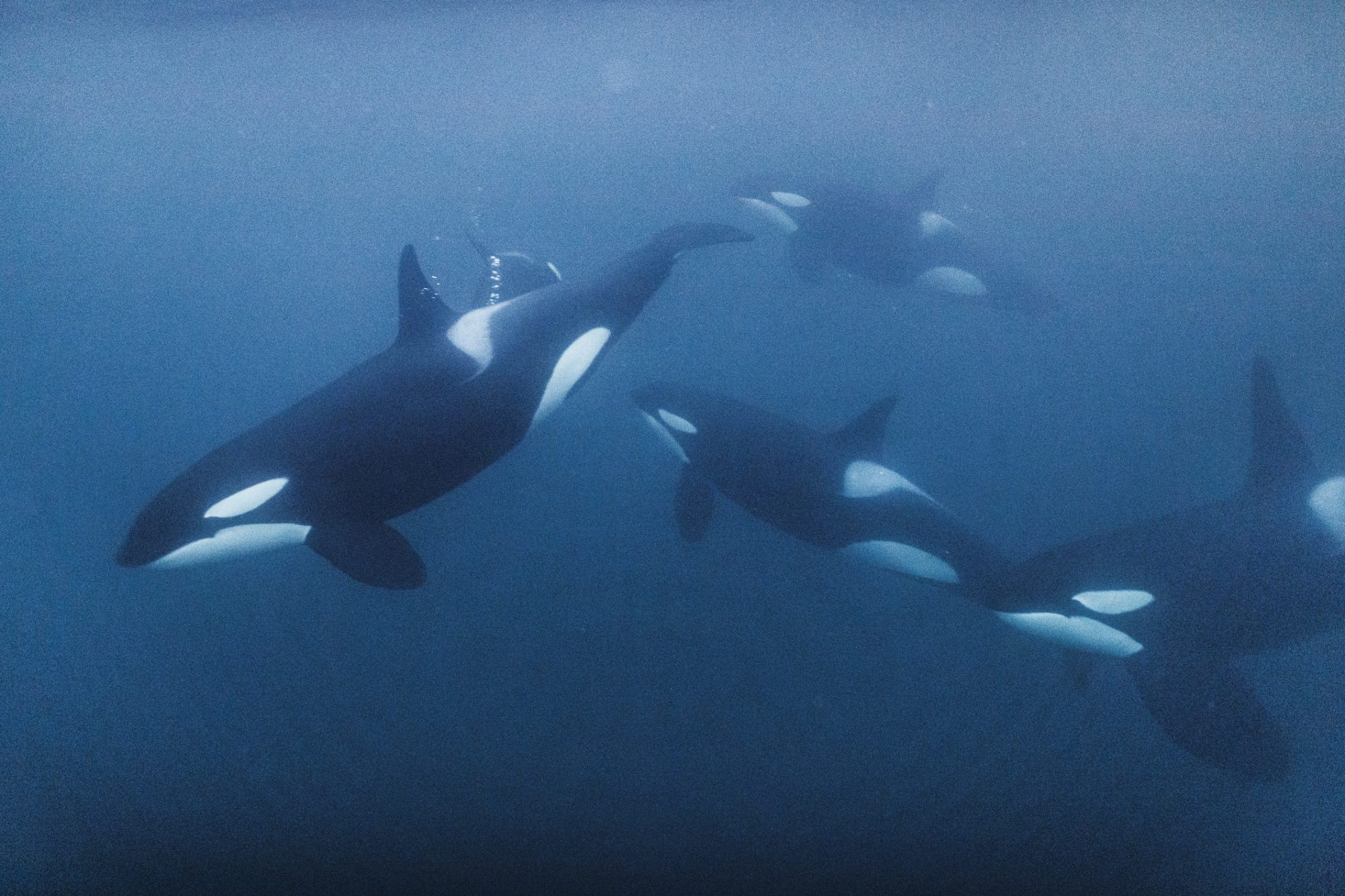
Unpredictable wildlife: Misinformation and a lack of understanding
White Gladis, indeed, does exist and is involved in these interactions, but she sustained no such injury beforehand. Instead, she seems to be supervising her offspring more than playing the game. Mothers sometimes do join in the game, which is hardly surprising in a social mammal, but they are not the ringleaders.
The media is as charmed by the narrative of mischievous teenagers as it was gripped by the image of grudge-bearing adults. However, wildlife rarely, if ever, conforms to our narratives; projecting human emotions and motivations onto nonhuman animals is understandable but is, at best, overly simplistic and, at worst, completely wrong. A “smile” on a chimpanzee’s face is actually a sign of fear.
Projecting human emotions and motivations onto nonhuman animals is understandable but is, at best, overly simplistic
Raging hormones in a cognitively, socially, and culturally sophisticated species such as orcas likely have disruptive effects on adolescent judgment and behaviour (similar to humans). But we must exercise great caution in making these comparisons or risk doing a grave disservice to mammals that should be understood, respected, and admired in their own right.
Fake news: A reputation of violence that is not deserved
For millennia, popular myth defined orcas as ravening beasts who mindlessly killed on sight (similar to the equally inaccurate portrayals of sharks today). With the advent of captive display in the 1960s, orcas transformed into “happy” sea pandas, willing to live in tiny tanks for our amusement. Following the documentary “Blackfish,” the overarching narrative is finally more rooted in reality — orcas are intelligent and complex, wide-ranging and family-oriented.
But most importantly, the ocean is their home and we are mere guests when sailing through their domain. They do not deserve our retribution for any of their natural behaviours. If they choose — hopefully temporarily — to view our watercraft as a recreational opportunity, as long as they injure no one (and they have not), we should see this as the cost of visiting their home without invitation.
We must learn to live with the biodiverse species
We must learn to live with the biodiverse species with which we share this planet, for our own sake and theirs.
Dr. Naomi Rose is the senior scientist in marine mammal biology at the Animal Welfare Institute

